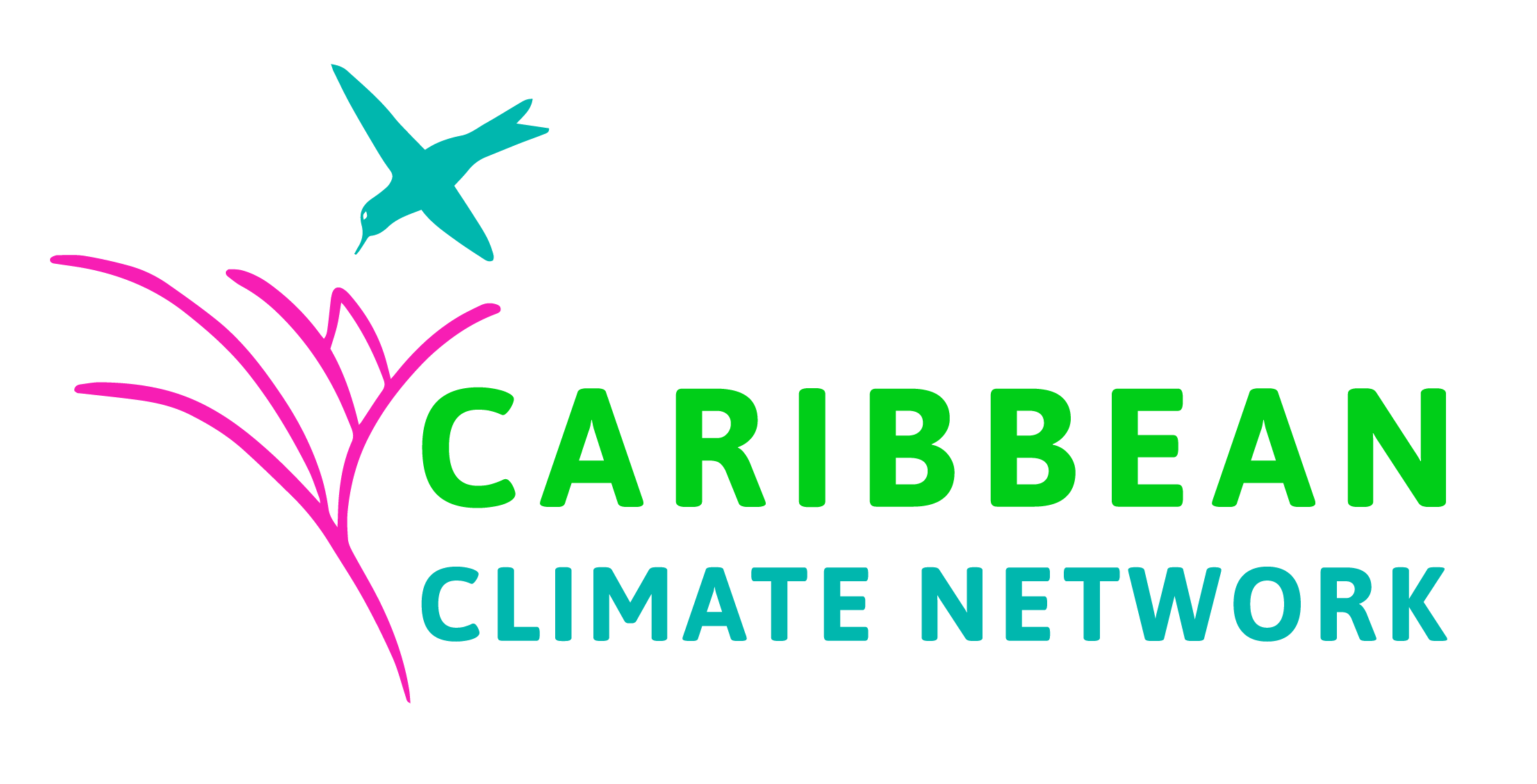There is a lot to be said about climate change. I feel more and more that we are speaking to an audience that is engaged and ready to take the necessary steps towards adapting to save lives. We know what is happening, especially in ocean states where the land is less than the water surface area of the country. We know the effects of the increase in greenhouse gases in the atmosphere, exacerbated by human activities and disruptions to our planet’s systems.
So what do we do? Let’s break it down to five actions I believe would be impactful:
- Protect Coastal Wetlands
- Promote the Benefits of Sustainable Agroforestry
- Decentralize Energy Distribution
- Secure Indigenous Peoples’ Land Rights
- Improve Mass Transit
Protect Coastal Wetlands
The environmental goods and services that coastal wetlands provide cannot be denied as major support for the human species. Carbon sequestration, water retention and purification and diversity are only a few services provided by the biotic and abiotic features of this type of ecosystem. Raw materials and other goods, such as timber, food animals and plants as well as coastal protection, are also provided by wetlands and the cost of these in the human (economic) value systems is priceless. By designating wetlands as protected areas and managing them meticulously, these ecosystems can be productive for human society as well as for their own intrinsic value.
Promote the Benefits of Sustainable Agroforestry
Agroforestry is the process of farming within the natural vegetation cover of a landscape. In simple terms, growing with nature in mind. Restoration of human disturbed environments will bring back productivity lost to other more rigorous forms of plantation. The specific benefits of agroforestry are to protect soil, animals, crops, and homes from extreme weather, improve water quality by natural purification, produce jobs and income, produce products like food and other raw materials as well as improve pollinator habitat. It is imperative that the health of the soil and the hydrology are also taken into consideration. Indigenous knowledge is necessary here where it is available.
Decentralize Energy Distribution
In many nations in our region, energy is scarce, expensive and unreliable. There is a need, now more than ever, to seek sustainable energy production and consumption. Renewable sources and the technology to effectively implement these must become a priority. In many nations it begins with legislative change which allows off-grid living for those who want to be self-sustaining. There is also a great opportunity for energy sharing where surplus energy can be utilized elsewhere. The technology is expanding; we have to be willing to make the shift.
Secure Indigenous Peoples’ Land Rights
The globalization of the human population and the sordid history of colonization, something that is still being perpetrated today, bring to the foreground the fact that the Indigenous peoples of the world had a society in tandem with nature which was disrupted. The knowledge and practices of Indigenous peoples would be a great asset in the work to be done for adaptation. Protecting people’s land rights provides security for long-term investments on land. Secure tenure is also essential for safeguarding the existing forests against external forces. This is specifically true for forests managed by Indigenous Peoples, where much of the world’s carbon is stored.
Improve Mass Transit
Transportation in the Caribbean is primarily based on fossil fuels in one way or another. Mass transit can take the form of buses and larger vehicles with less efficiency as these are not always maintained effectively. There is a need to firstly have more energy source options that are renewable and sustainable. Next the transition to a better mass transit system should be implemented. In urban settings, adaptation can be mainstreamed in local mobility and traffic planning. Adaptation refers to both transport infrastructure like roads and railways, and operation and services like routing, contingency plans and real time information systems. Actions aimed at reducing demand for new transport infrastructure should also be considered as complementary adaptation actions.
The solutions are there for us to utilize, we just require better management. It is up to us to lobby for this change through our decision makers. To assist with this, the Caribbean Climate Network wants you to share the Climate Adaptation Declaration with your local government and ask them to commit towards real, tangible change. Join the fight here. Sign up today and share with your community.
